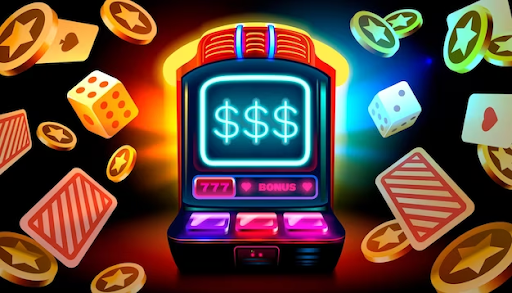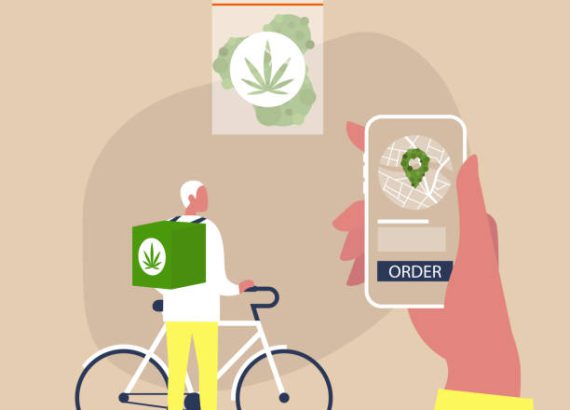Are Cashback Credit Cards Worth It?

Credit cards have been around for quite some time now. A lot of people already seem to have a decent understanding of how it works, how it should be managed, and how to take advantage of it. One of the fairly recent initiatives that have been launched by banks and financial institutions is the introduction of cashback credit cards. One of the most prominent companies that offer cashback credit cards is Chase through their Chase Freedom Unlimited Credit Card. If you’re interested to know more about how this type of credit card works, check out this detailed Chase Freedom Unlimited review.
However, what we’re going to talk about in this article is whether or not cashback credit cards are worth it. Here, we’re going to look at some of the important considerations before applying for a cashback credit card.
But first, what is a cashback credit card?
Cashback credit cards offer you a chance to regain a portion of the value of your purchases through various cashback methods. This value will be determined by a specific cashback rate, which will vary depending on the type of card you have as well as the type of purchase transaction involved. Typically, cashback credit cards will make use of points, and these can be used to redeem different benefits. Some of the most common benefits that are available to be redeemed include debt deduction, direct cash deposit, vouchers, gift cards, and travel offers.
Now that you have a basic idea of how cashback credit cards work, here are the following factors that you should consider to determine if it’s worth getting a cashback credit card:
1. Frequency of your purchase transactions
The first and perhaps most obvious thing to consider is how frequently or how often you are using your credit card for various purchase transactions. Of course, if you are not that fond of using credit cards in the first place, then getting a cashback credit card won’t make much sense. This is because cashback credit cards are often more expensive to get or to have. A cashback credit card will also typically involve an annual fee, as compared to a normal credit card, where you won’t have to pay any fees whatsoever.
To give you a rough idea of how frequently you should be using credit cards before cashback credit cards will make sense, you should be using your credit cards at least once or twice a month every month. If your credit card use is much lower than this, then it’s best that you hold off getting a cashback credit card in the meantime.
2. Amount paid on each purchase transaction.
The second thing to consider would be the amount involved in each of your credit transactions. If you typically use your credit cards for relatively inexpensive items, then it might not be a good idea to get a cashback credit card. As we mentioned earlier, cashback credit cards make use of a predetermined cashback rate, which is to be applied to the amount paid during your purchases. If the amount is relatively low, then you won’t be benefitting much from cashback programs. Again, to give you a rough idea, make sure that your purchases are upwards of $100 dollars every month before considering getting a cashback credit card.
3. Your credit card bill balance
The final thing to consider would be the balance of your credit card bill. The most important thing to note here is whether or not you are able to pay your balance in full every month. If you are able to do so, then a cashback credit card will be a good idea. If not, then hold off getting one. As you may have already known, banks will charge you an interest fee on the outstanding debt you have. As such, even if you’re earning benefits through cashback, this will generally be lower than what you will have to pay for your existing debt balance.




No Comments